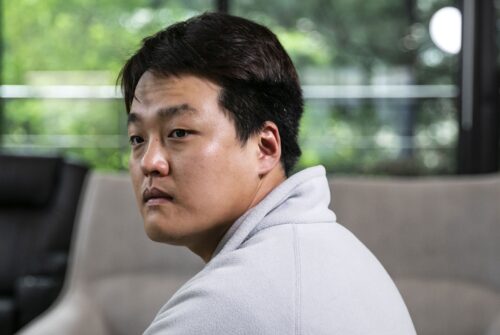
No one in the world knows for certain where the blockchain will take humanity in a few years’ time. However, blockchain technologies remain the hottest trend of the 21st century. It only took 5 years for it to take root in every area of our everyday life. The interest that Bitcoin (BTC) and other cryptocurrencies have sparked in the hearts of investors explains it. However, the blockchain has already made its first moves at revolutionising medicine and pharmaceutics.
The health care system has been far too bureaucratic for a while now. Endless medical guidelines, procedures, tests, health records — let’s face it, it’s near impossible to keep up with countless papers and documents. And to add insult to injury, there is no healthcare system in the world with an unified database which often feeds into the added complexity of the treatment process.
Blockchain technologies came to doctors’ rescue just in time by creating a new approach to protecting patients’ personal data, as well as arranging ways to rapidly exchange any documents.
Introducing the world of healthcare to blockchain
According to a report from International Data Corporation (IDC), approximately 12% of the healthcare organizations in Europe are connected to the blockchain in some way. Of that 12%, some kind of blockchain initiative has been developed by 1%. Such results come from the lack of awareness of what is available since there are still a lot of obstacles for the blockchain to overcome before it takes over the world.
However, some European healthcare organizations have been making active use of distributed ledger technology (DLT) for quite a while now. The industry seems to have several main use cases:
- shared records management
- pharmaceutical supply chain management (including combating fraudulent and counterfeit medicines)
- secure patient information storage
- remote health status surveillance
- analysis of health data
- control over health insurance
Digitisation of patients’ medical records
It’s obvious that blockchain technologies are perfect for storing patients’ data. The blockchain not only allows to create a powerful control structure over information but also to fast-track all relevant changes to said data, as well as to safely maintain the flow of documents between all healthcare organizations.
Patients are also able to control the accessibility of their personal information by using blockchain.
No more counterfeit medicine
Distributed ledger technology allows to control all information on medicine’s date and place of production, as well as trace its path to pharmacies. Therefore, the blockchain could halt counterfeit medicines once and for all. According to a report from the World Health Organization (WHO), entire countries have seen their economies damaged by the $30 billion counterfeit medicines market that also causes direct harm to millions of individuals’ health.
Facilitating progress
Blockchain technologies have sped up the medical research progress, contributing to the war with cancer, human immunodeficiency virus (HIV) and, of course, coronavirus. The success will be achieved through streamlining complicated processes such as collecting, organizing, exchanging, and storing data.
Remote monitoring
After patients leave the hospital, it becomes difficult to keep track of their recovery — which can be vital in the fight with serious diseases. Blockchain will become doctors’ silver bullet for organizing remote and effective health status surveillance through using different devices.
Intertwining artificial intelligence (AI) and the blockchain turned out to be crucial in developers’ work. There are already a number of major health data collections controlled by AI which provides a wide range of analysis and treatment opportunities.
Insurance
The blockchain is decentralized, encrypted, and cross-checked, which allows any data to remain strongly backed, ensuring that data remains immutable. Therefore, blockchain technologies will make the insurance industry more transparent, as well as minimize all risks for insurers by preventing fraud.
Anna Bondarenko, Co-Founder of DeHealth, President of the international “eHealth” consortium, Owner DeHealth UA (2M patients and 30,000 doctors) said: “There are countless projects on convergence of advanced technologies and the healthcare sector. Such work will allow the impossible in the near future and cannot be overstated. Nowadays IT and blockchain allows doctors to treat patients from different regions and countries remotely, which is especially valuable for developing countries. Artificial intelligence developed over the course of our team’s work will improve and accelerate the diagnosis process, the quality of treatment, as well as design responsive mechanisms to address chronic illnesses. These technologies will save millions of lives all over the world in just 15-20 years.”





